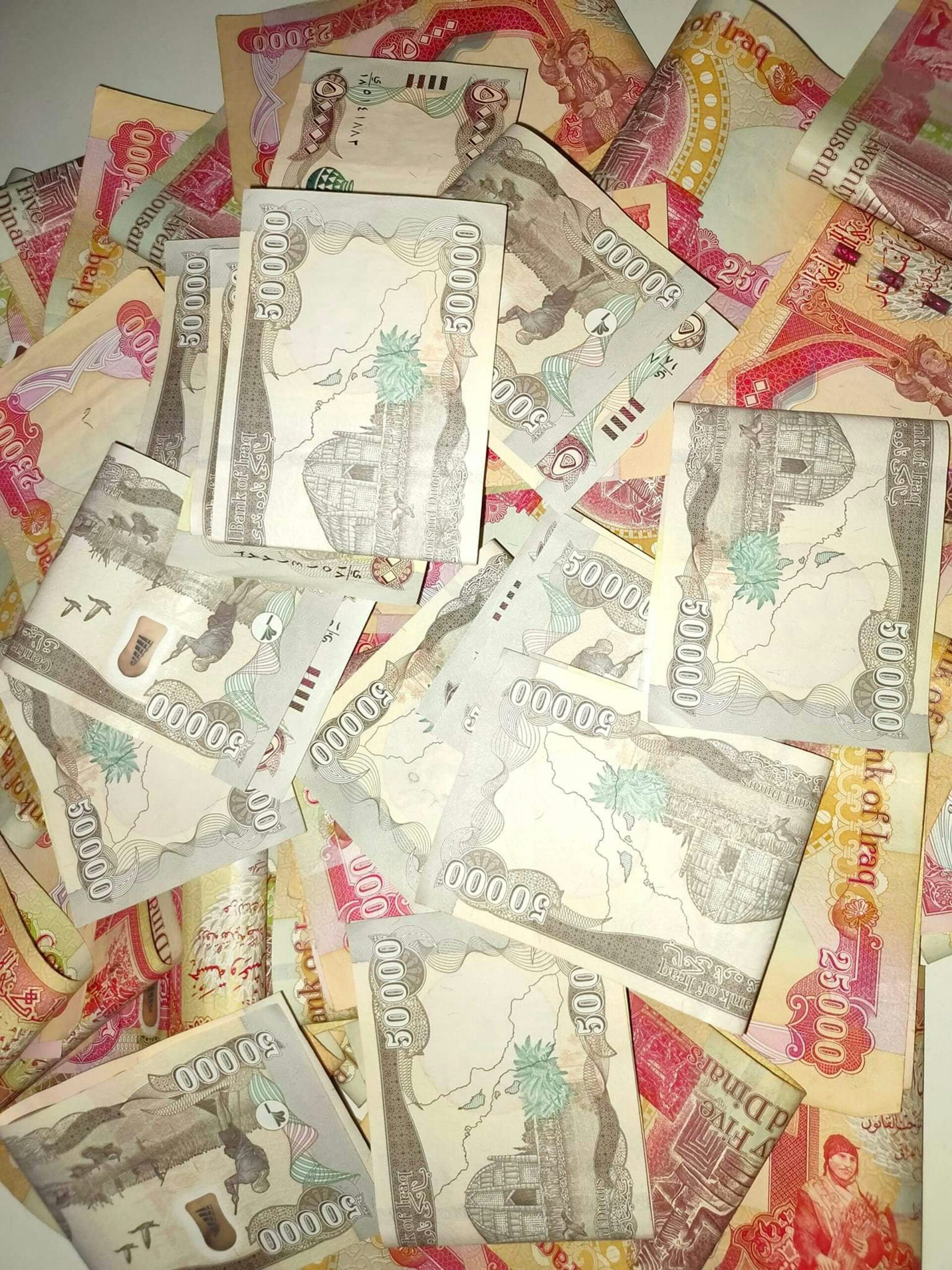More than twenty years after the coalition brought down the regime of Saddam Hussein, Iraq still grapples with internal and external dynamics that tear it apart. Positioned between the West and East, the USA and Iran, the country of Two Rivers, as Iraq often calls itself, does not cease to struggle on ethnic, religious, and cultural levels. Despite the challenges faced by many Iraqis, the country is not classified among developing nations but is considered an „upper-middle-income“ country, a federal parliamentary republic comprising 18 provinces, presenting substantial investment potential.
General Information
The constitution, established in 2005, defines Iraq as an Islamic, democratic state with an autonomous Kurdistan Region within the nation. In the political arena, Iraq’s unicameral House of Representatives, housing around 330 members, witnesses diverse political affiliations tied to ethnicity and religious orientation. The country’s political landscape, with numerous parties, reflects its demographic diversity.
Demographically, Iraq has a population of 43.5 million (2021) with an average age of 21. The ethnic makeup includes 75-80% Arabs, 15-20% Kurds, and 5% various smaller groups. Religiously, the country is predominantly Muslim (95-98%), comprising Shi’a (61-64%) and Sunni (29-34%), with Kurds primarily adhering to Sunni Islam. Christians, Yazidis, and other minorities constitute the remaining 1-4%.
Economically, Iraq boasts the world’s fifth-largest proven oil reserves, generating over 90% of state budget revenues. Oil production (as well as high oil prices) is the main factor in the relative economic stability of the country. Efforts towards economic diversification focus on sectors such as energy, defense, agriculture, water management, construction, healthcare, and machinery. Prospective industries for investment encompass mining, energy, defense, water and wastewater, medical and pharmaceutical, and tourism sectors, offering substantial opportunities.
Two significant concerns profoundly influencing the economy should be mentioned.
The first is corruption, which has been a longstanding challenge, with issues ranging from bribery and embezzlement to nepotism within governmental institutions. Efforts to combat corruption have been underway, but the persistence of this problem continues to hinder the country’s economic development and political stability.
The other concern is water. Iraq faces significant water scarcity challenges exacerbated by a combination of factors such as reduced river flow, droughts, and inadequate infrastructure. This issue not only impacts agriculture, a crucial sector for the economy, but also poses a threat to the availability of safe drinking water for the population, highlighting the urgent need for sustainable water management strategies.
Practical
Navigating the Iraqi business landscape necessitates an understanding of local customs, patience, and building personal connections. English serves as the primary language of communication, often facilitated through platforms like WhatsApp.
Some key advice for conducting business in Iraq includes:
-
- Relationship Building
Personal relationships are highly valued. Take time to build trust and connections before diving into business discussions.
Business negotiations may involve extensive small talk, and it is customary to inquire about family and well-being.
-
- Patience and Flexibility
The pace of business may be slower compared to Western standards. Patience and flexibility are essential virtues in negotiations and decision-making.
Sudden changes in plans or negotiations are not uncommon, and adaptability is key to successful interactions.
-
- Respect for Hierarchy
Iraqi society is hierarchical, and respect for authority is crucial. Ensure that your delegation reflects this hierarchy.
Decision-making often involves senior figures, so be prepared for multiple meetings before reaching a final agreement.
-
- Hospitality and Gifts
Iraqis are known for their hospitality. Reciprocate gestures of hospitality and be open to invitations for meals or other social events.
Gifts are appreciated, and items like cut Czech glass can be suitable offerings. Avoid gifts with religious symbols.
-
- Dress Code and Cultural Sensitivity
Dress conservatively, especially in formal business settings. Men typically wear jackets and ties, while women should dress modestly, covering shoulders and knees.
Avoid discussing sensitive topics like politics and religion. Be aware of local customs and sensitivities.
-
- Communication Channels
The most common communication channels include WhatsApp, which is widely used for written messages and voice communication.
Email is used marginally, and face-to-face meetings are preferred for establishing trust and effective communication.
Understanding and respecting Iraqi business culture is paramount for successful ventures in this dynamic market. Embracing local customs, building personal relationships, and demonstrating cultural sensitivity contribute significantly to fruitful business interactions. For more nuanced insights, consider seeking guidance from experts or engaging with cultural awareness training programs.
Like many other cities, Baghdad has experienced security challenges due to political instability and past conflicts. Security conditions can change, and staying updated on the current situation is essential. Well-known international hotel chains like the Babylon Warwick Hotel and the Baghdad Hotel might be good options. Keep in mind that the availability and quality of hotels can change, so it’s advisable to check recent reviews and current information for the most accurate details.
Among notable events are the Iraq Energy Exhibition and Conference, focused on the energy sector, and the Iraq Banking and Finance Summit, emphasizing financial industry developments. The Iraq Mega Projects Conference also gathers attention, particularly for those involved in infrastructure and construction.


